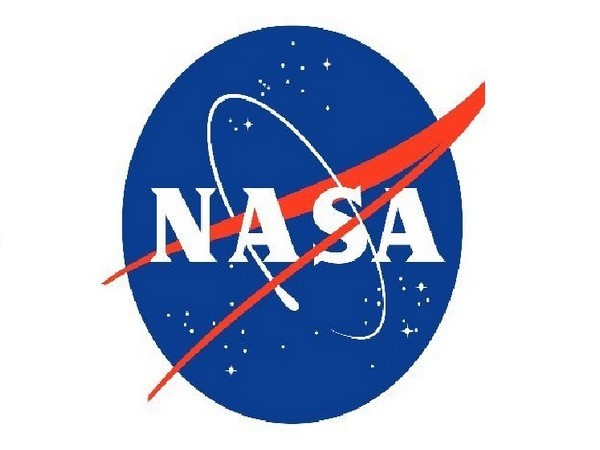Science News Roundup: NASA, SpaceX launch 4 more astronauts into orbit on flight to space station; Japanese-Korean-Turkish language group traced to farmers in ancient China and more
The rendezvous came about 21 hours after the team and its capsule were launched atop a SpaceX Falcon 9 rocket from NASA's Kennedy Space Center in Cape Canaveral, Florida, on Wednesday night, following a string of weather delays that postponed the liftoff for a week and a half. International Space Station to manoeuvre higher to swerve satellite junk The International Space Station will perform a brief manoeuvre on Wednesday to dodge a fragment of a defunct Chinese satellite, Russian space agency Roscosmos said.

Following is a summary of current science news briefs.
NASA, SpaceX launch 4 more astronauts into orbit on flight to space station
NASA and private rocket company SpaceX launched four astronauts into orbit late on Wednesday, sending a veteran spacewalker, two younger crewmates chosen for future lunar missions and a German materials scientist on their way to the International Space Station. The SpaceX-built launch vehicle, consisting of a Crew Dragon capsule and a two-stage Falcon 9 rocket, blasted off from NASA's Kennedy Space Center in Florida at about 9 p.m. (0200 GMT Thursday), with a reddish fireball lighting up the night sky as its nine Merlin engines roared to life.
Japanese-Korean-Turkish language group traced to farmers in ancient China
A study combining linguistic, genetic and archaeological evidence has traced the origins of the family of languages including modern Japanese, Korean, Turkish and Mongolian and the people who speak them to millet farmers who inhabited a region in northeastern China about 9,000 years ago. The findings detailed on Wednesday document a shared genetic ancestry for the hundreds of millions of people who speak what the researchers call Transeurasian languages across an area stretching more than 5,000 miles (8,000 km).
Latest astronaut crew of four welcomed aboard International Space Station
Four astronauts, three from NASA and one from the European Space Agency, arrived at the International Space Station on Thursday and docked their SpaceX Crew Dragon capsule with the orbiting laboratory to begin a six-month science mission. The rendezvous came about 21 hours after the team and its capsule were launched atop a SpaceX Falcon 9 rocket from NASA's Kennedy Space Center in Cape Canaveral, Florida, on Wednesday night, following a string of weather delays that postponed the liftoff for a week and a half.
International Space Station to manoeuvre higher to swerve satellite junk
The International Space Station will perform a brief manoeuvre on Wednesday to dodge a fragment of a defunct Chinese satellite, Russian space agency Roscosmos said. The station crewed by seven astronauts will climb 1,240 metres higher to avoid a close encounter with the fragment and will settle in an orbit 470.7 km (292 miles) above the Earth, Roscosmos said. It did not say how large the debris was.
U.S. VP Harris announces expanded cooperation on space issues after meeting Macron
U.S. Vice President Kamala Harris announced an expanded cooperation on space and cybersecurity issues after a meeting with French President Emmanuel Macron. Harris and Macron agreed to establish a "U.S.-France Comprehensive Dialogue on Space" to enhance civil, commercial, and national security space cooperation, the White House said in a statement.
(This story has not been edited by Devdiscourse staff and is auto-generated from a syndicated feed.)
ALSO READ
Assessing Multimodal AI with KoNET: A New Standard for Korean Educational AI
Tragedy on the Rise: South Korean Highway Collapse Claims Lives
Chinese Vessels Accused of Exploiting North Korean Crew in Indian Ocean
Tragedy Strikes South Korean Construction Site: Bridge Collapse Claims Lives
Hidden Crews: The Plight of North Korean Workers on Chinese Fishing Vessels










